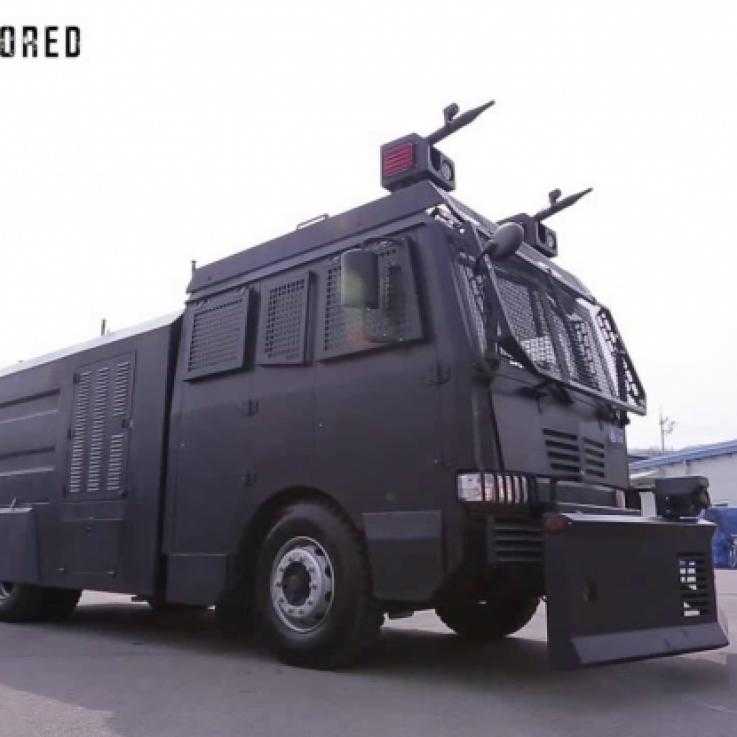The online newspaper Byline Times has challenged the UK's government over arms sales to Chile, after a Freedom of Information request found that 50% of the £164 million worth of arms licensed for sale since 2008 had been granted in the last year.
Unionised bus drivers in Minneapolis have pledged not to drive buses taking protesters to jail or police officers, in solidarity with the thousands of people in the city who have taken part in protests following the murder of George Floyd by a member of the Minneapolis police force.
Pindad PT is an Indonesian state-owned arms company, producing a wide range of weapons for the Indonesian military, police and security forces, and exporting to a number of other countries in the region. In 2016 the company had just over 2000 employees and revenue of around £100m.
The University of Huddersfield in the United Kingdom has been accused of training Bahraini police at a base that is well-known as a “torture hub”.
The Omega Research Foundation has identified a range of different “less lethal” weapons being used by Greek authorities – including potentially lethal tear gas - being used against migrants by Greek security forces at the Turkish/Greek border.
Before gaining independence from Sudan, South Sudan experienced two major civil wars 1955-1972, 1983-2005. In the midst of this violence, civil society actors engaged with the communities and the police to reduce gun violence, and to restore peace and stability. This paper discusses how South Sudanese have resisted and continue to resist violence and militarism and promote nonviolent alternatives to violence.
On the first day of our Antimilitarism in Movement conference, Nada Hussien discussed the impact of Israeli militarisation around the world. Here is an edited version of her speech.
Armies, internal security and militarised borders: militarisation in Latin America and the Caribbean
The Antimilitarist Network in Latin America and the Caribbean outline how militarisation impacts communities across the region
Daeji P&I is a company based in South Korea builds a number of vehicles designed for use by police units, including water cannon and armoured personnel carriers.
Trump outlined a strategy for securing the Southern Border that included peddling the idea that as president, he would build a large wall to keep out dangerous migrants (read: poor and of color) from the United States. This strategy of building border walls, which was significantly expanded under Presidents Bush, Clinton, and Bush Jr., has created a human rights disaster that barely gets any reasonable attention in United States media.
CBC Global Ammunition is a holding company which owns a number of subsidaries around the world, specialising in ammunition for portable weapons. The subsidiaries included: Companhia Brasileira de Cartuchos (CBC), Brazil; Czech company Sellier & Bellot; MEN in Germany; and Magtech, based in Minnesota in the USA.
A new report examines the role of the world’s largest arms companies in shaping and profiting from the militarisation of the USA's borders. "More Than a Wall" explores how corporations and their government allies have formed powerful border–industrial complex that is a major impediment to a humane response to migration.











